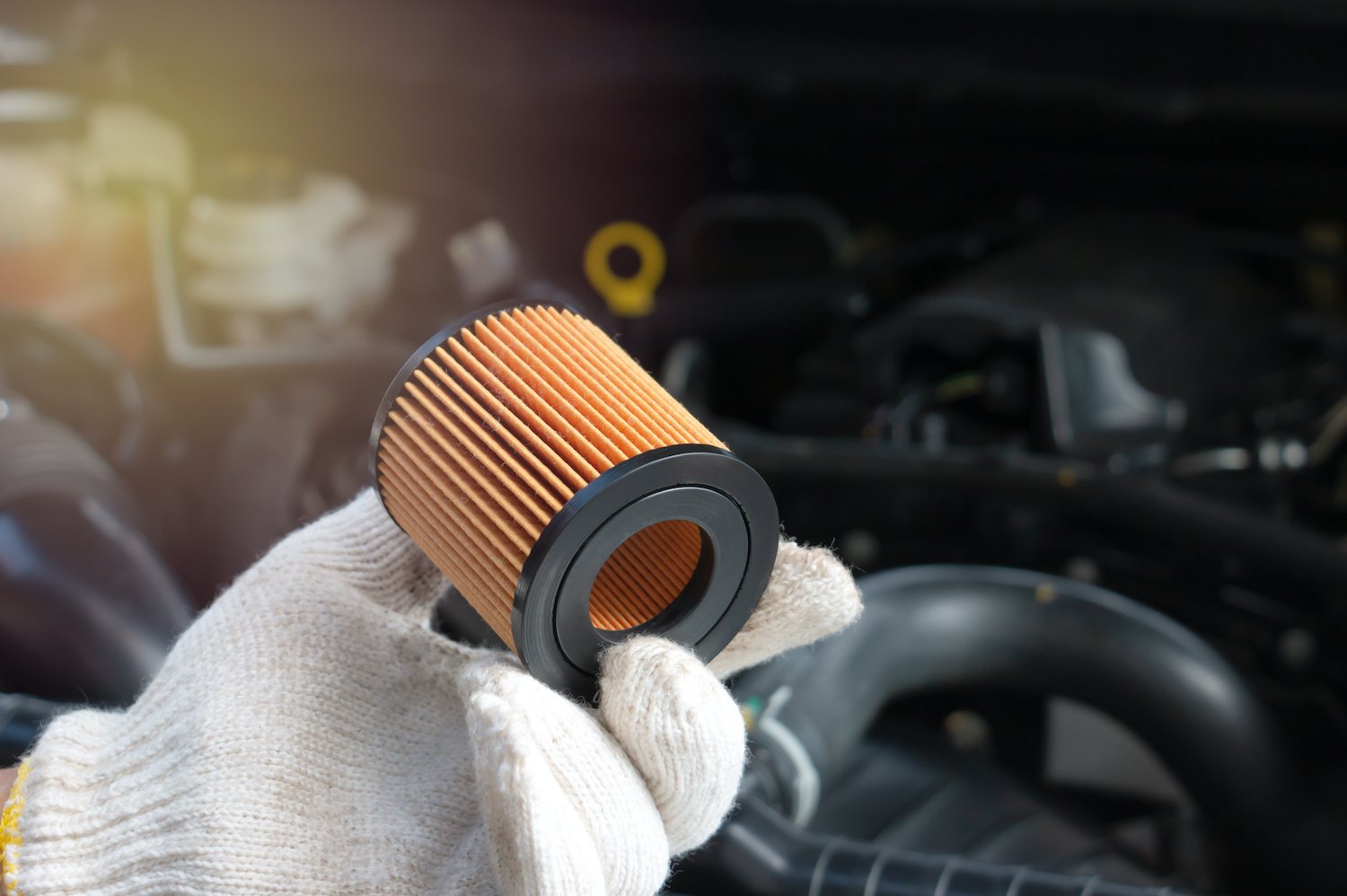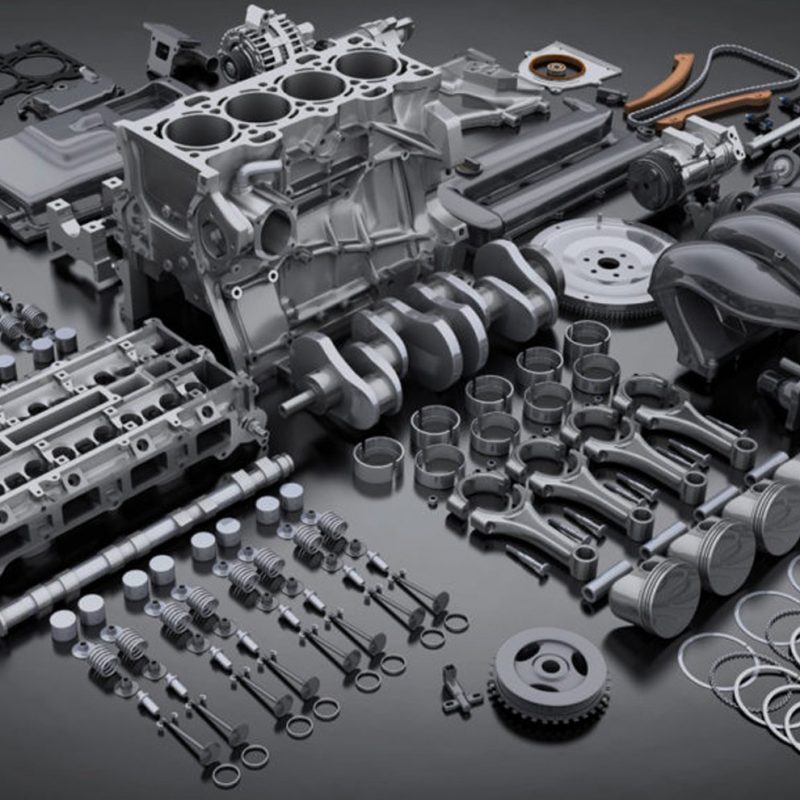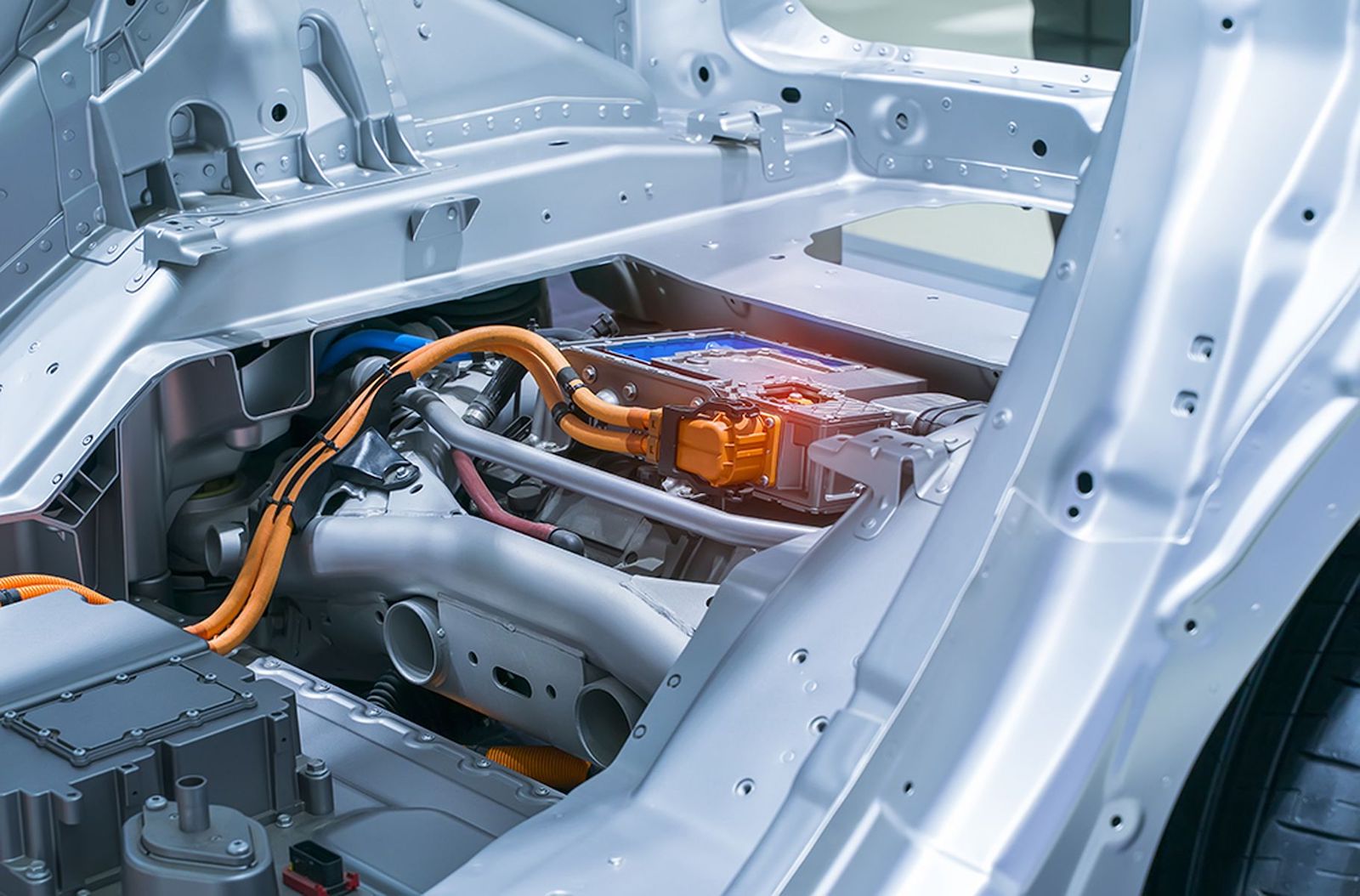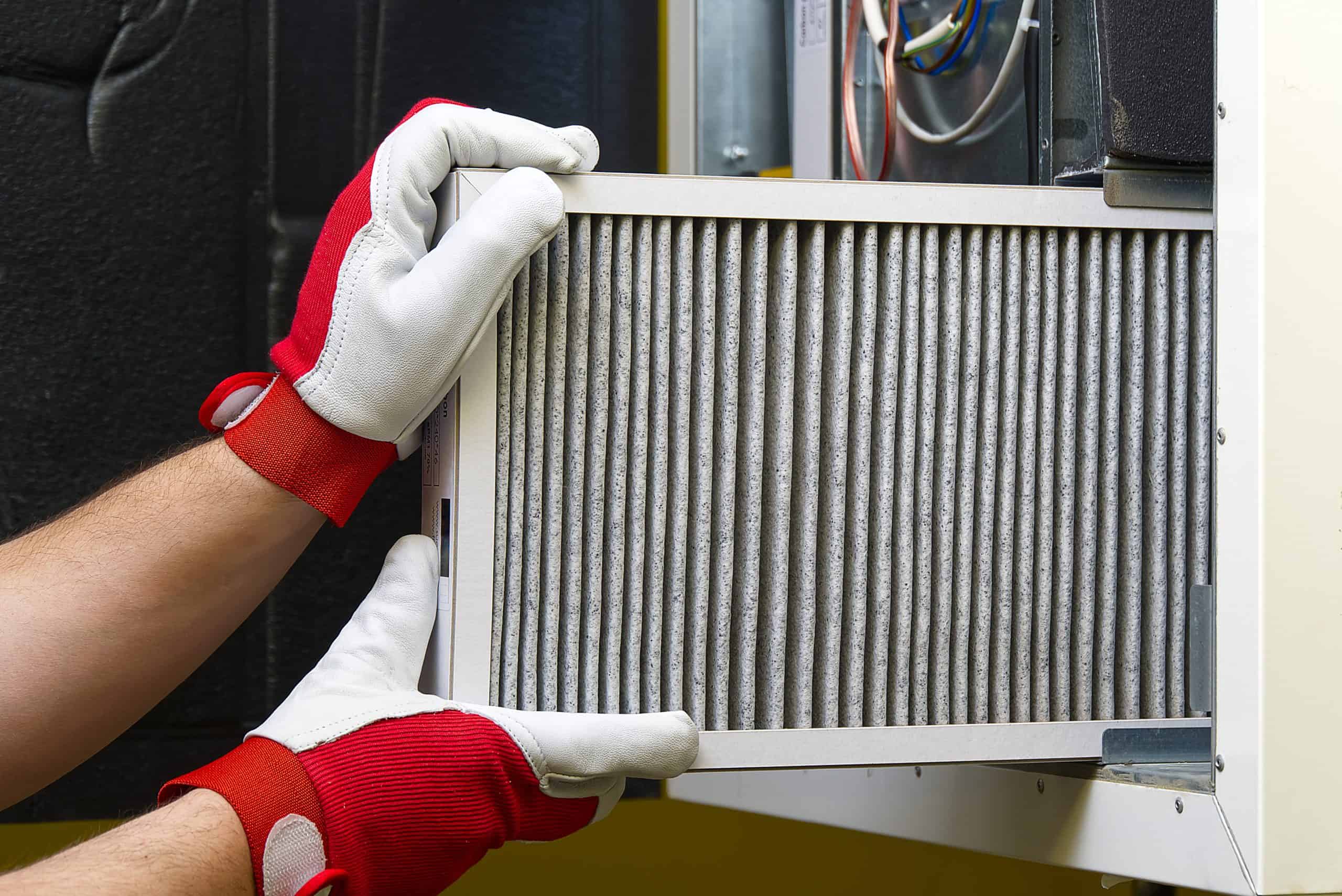The Role of the Fuel Filter in Your Vehicle’s Fuel System
The Role of the Fuel Filter in Your Vehicle’s Fuel System
The fuel filter plays a vital role in the fuel system of a vehicle, as it is responsible for removing impurities and debris from the fuel before it reaches the engine. A clogged or dirty fuel filter can have serious consequences for the performance and longevity of a vehicle, making regular replacement of the fuel filter an important maintenance task.
The fuel filter is typically located in the fuel line, either near the fuel tank or near the engine. It is made up of a paper or mesh filter element that traps impurities, such as dirt, rust, and other debris, as the fuel passes through. The filter element is surrounded by a housing that is connected to the fuel line, allowing fuel to flow through the filter and into the engine.
The fuel filter’s main function is to protect the engine from damage by removing impurities and debris from the fuel. When the engine is running, it depends on a steady supply of clean fuel to function properly. Impurities and debris in the fuel can cause damage to the engine’s fuel injectors, carburetor, and other components, leading to decreased performance and increased wear and tear. Additionally, a clogged fuel filter can also restrict the flow of fuel to the engine, resulting in a loss of power or acceleration, and difficulty starting the engine.
Regular replacement of the fuel filter is necessary to ensure that it is able to properly filter the fuel and protect the engine. The recommended replacement interval for a fuel filter varies depending on the make and model of the vehicle, as well as the type of fuel it uses. Generally speaking, most vehicles require a fuel filter replacement every 30,000 to 50,000 miles or every 2 to 3 years, whichever comes first. However, some vehicles may require more frequent replacement. For example, diesel engines typically have a shorter service interval for their fuel filters than gasoline engines.
It is important to consult the owner’s manual for the specific recommended replacement interval for your vehicle. Additionally, certain driving conditions, such as frequent short trips or driving in areas with poor air quality, can also shorten the service life of the fuel filter. In these cases, it may be necessary to replace the fuel filter more frequently.
Replacing the fuel filter is a relatively simple task that can be done by a professional mechanic or by the vehicle owner with basic mechanical skills. The old filter is removed and a new filter is installed in its place. It is important to use a filter that is specifically designed for your make and model of vehicle and to follow the manufacturer’s instructions for installation.
In conclusion, the fuel filter plays a vital role in the fuel system of a vehicle by removing impurities and debris from the fuel before it reaches the engine. Regular replacement of the fuel filter is necessary to ensure that it is able to properly filter the fuel and protect the engine from damage. The recommended replacement interval for a fuel filter varies depending on the make and model of the vehicle, as well as the type of fuel it uses. It is important to consult the owner’s manual for the specific recommended replacement interval and to pay attention to signs that the fuel filter may need to be replaced. Replacing the fuel filter is a relatively simple task that can be done by a professional mechanic or by the vehicle owner with basic mechanical skills.


